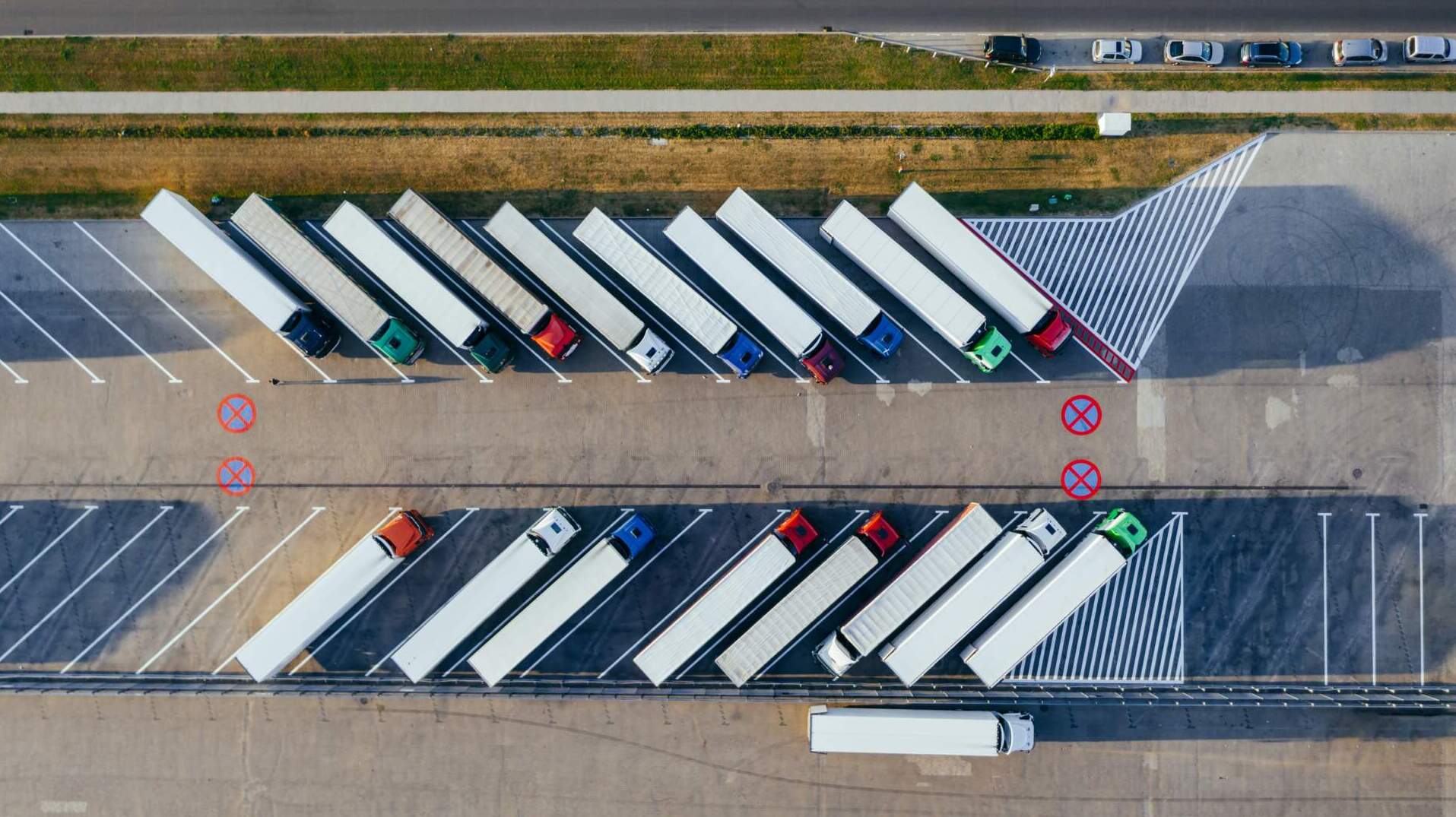
Could a pair of controversial policies make current supply chain complications go from bad to worse? A Port of Vancouver plan to ban semi-trucks older than 10 years and the Federal Government’s border vaccine mandate for truckers are both likely to exacerbate ongoing logistical struggles caused by Omicron absenteeism, extreme weather, and international supply chain inconsistencies. The resulting debates, which combine a plethora of hot-button topics including the environment, the pandemic, and the supply chain, have resulted in one policy being delayed, while the other rolls full steam ahead.
Port of Vancouver Delays Ban on Old Trucks
A Port of Vancouver ban on semi trucks older than ten years has been deferred for at least 90 days, according to a letter sent to stakeholders from the Vancouver Fraser Port Authority. The ban, designed to address local air quality as well as broader climate concerns, found its proposed arrival date of February 1 fast approaching while the supply chain dealt with issues that could not have been anticipated in 2015 when the change was first proposed.
“We have recently heard some concerns about our program start date from industry and Transport Canada, and we recognize that the pandemic, recent flooding, and on-going global supply chain issues may have created some short-term challenges for people looking to buy compliant trucks,” said Vancouver Fraser Port Authority VP Duncan Wilson. “We are thus postponing our program start date slightly, to provide some additional time and engagement opportunities for industry, and to hopefully mitigate some of those challenges.”1
Unifor, the union that represents truck drivers at the port, would prefer a two year pause. Prior to the announcement of the 90 day deferral they warned that a Feb 1 implementation would “force hundreds of container trucks out of the Metro Vancouver port transportation system,” causing “chaos in a system already under unique pressure.”2
BC Trucking Association President and CEO Dave Earle is more supportive of the proposal. He believes that the current supply chain crisis in BC is, in fact, the partial result of environmental factors, citing extreme weather and the reluctance of young workers to enter an industry perceived as environmentally unfriendly.
“[Climate change] is a real crisis,” says Earle, “to pretend otherwise is ridiculous, and it’s critical that we change.”2
For their part, the VFPA say that in the coming weeks they will be “providing an opportunity for industry and community stakeholders to further share information and feedback regarding specific aspects of implementation of the program,” and that they “fully expect them to move forward with a truck age program once they have duly considered any further input.”2
Canadian Alliance Helps
“Our customers have been struggling to find carriers to arrange for drayage since the beginning of Q4, 2021,” says Canadian Alliance Director of Business Development Sid Sethi.
When the ban on older trucks finally does come into effect, Canadian Alliance will be ready to help clients meet the challenges.
“Currently there are approx. 1800 trucks serving the port and about 80% are in compliance with the new requirements,” says Sethi. “We are continually looking at ways to increase our intake capacity. We have been running select additional non prime time shifts subject to demand to minimize disruptions.”
Vaccine Mandate for Cross Border Truckers
Meanwhile, the Federal Government has moved ahead with their mandate on vaccines for cross-border truckers. Per the National Post:
“The mandate came into effect on Jan. 15, which means Canadian truckers must show proof of vaccination to avoid taking COVID-19 tests before reaching the border. They will also have to quarantine when they return from the United States. American truckers who are unvaccinated will not be allowed to enter.”3
According to the Canadian Trucking Alliance, this will prevent about 10% of Canada’s 120,000 truckers who cross the border from doing so.4
“There are serious consequences to the supply chain if this policy remains in place,” said MP Melissa Lantsman, the Conservatives’ transport critic, earlier this month.5
“We’ll be seeing shortages of goods in stores,” warns Perrin Beatty, president of the Canadian Chamber of Commerce.5
While policies surrounding vaccine mandates are contentious, many Canadians are in support of the government’s decision.
“More than any sector of workers, truckers are constantly mobile and cross many jurisdictions,” says Dr. Nazeem Muhajarine, professor of community health and epidemiology at the University of Saskatchewan in Saskatoon. “They may spend a long time in their trucks, on the road, but they also have many point of contacts across jurisdictions, and load/unload their goods in warehouses and such where we have seen outbreaks occur in previous waves.”4
Dr. Lynora Saxinger, an infectious diseases specialist and associate professor at the University of Alberta in Edmonton downplays the effectiveness of such a measure in fighting Covid-19.
“A vaccine requirement for a select group of people I don’t think is highly likely to make a big, huge difference in the short-to-medium term,” she says.4
With supply chain woes already well documented, it will be up to governing bodies to balance societal goals with the imperative to keep the flow of critical goods moving. Everyday Canadians who are accustomed to fully stocked shelves, depend on the efforts of both government and supply chain professionals to deliver.
